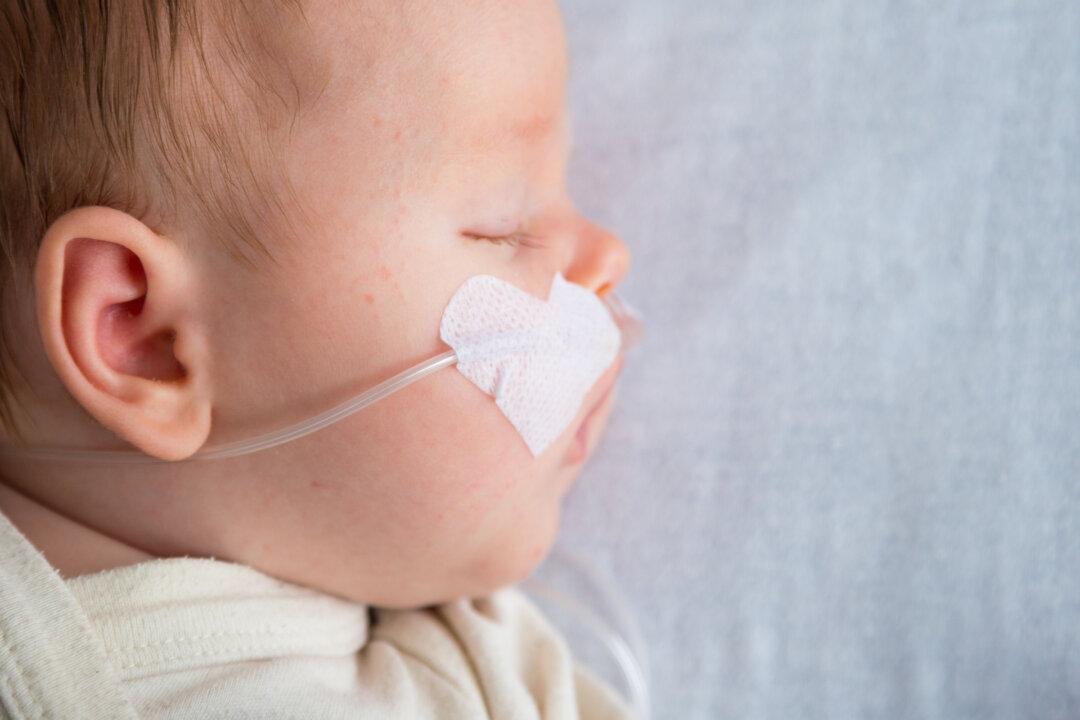Respiratory Syncytial Virus, or RSV, is so common that nearly 100% of children have been infected by age 2. Most people, including infants, develop only mild cold-like symptoms. However for some, RSV can be severe and even life threatening. Many people are surprised to learn that RSV is the leading cause of hospitalization in infants.
The American Lung Association, with support from Sanofi, is raising awareness of RSV among new and expecting parents and caregivers of infants and toddlers. As part of the campaign, they’re sharing the story of a family impacted by RSV.





